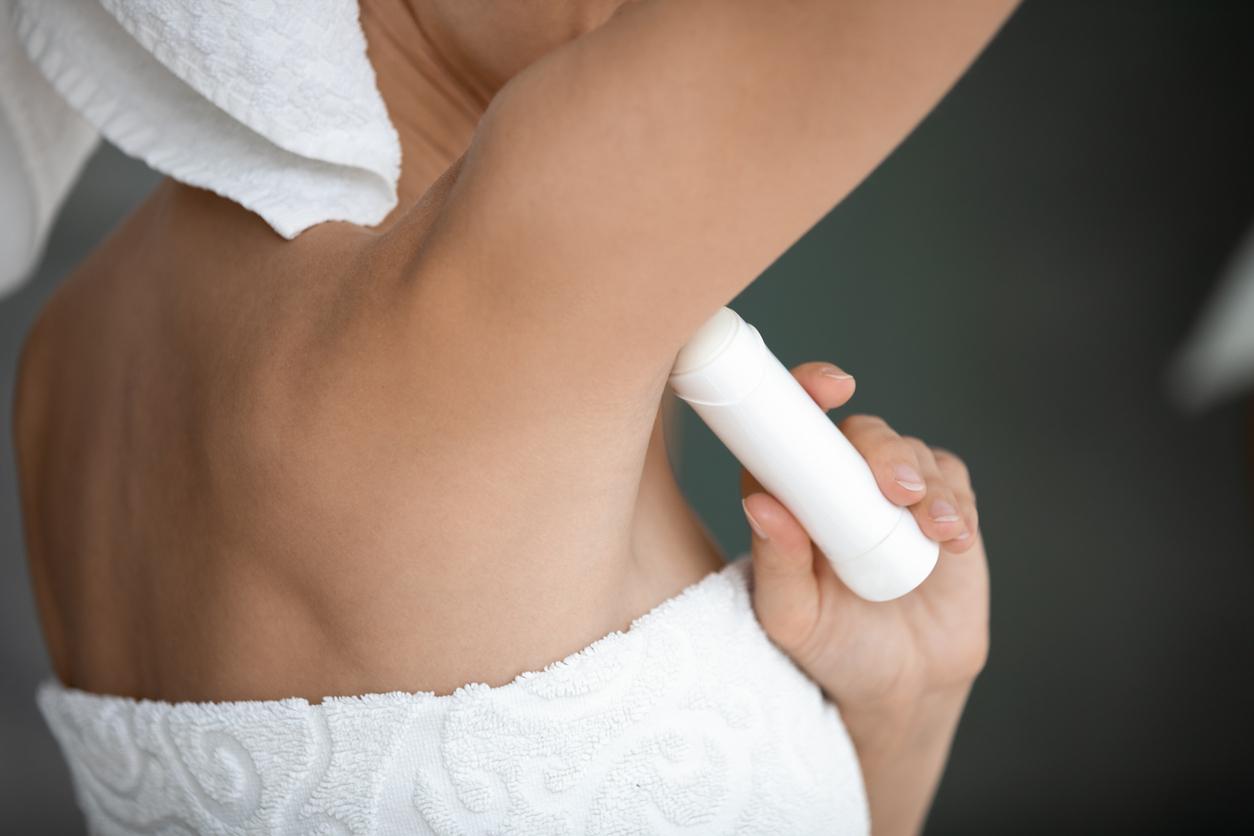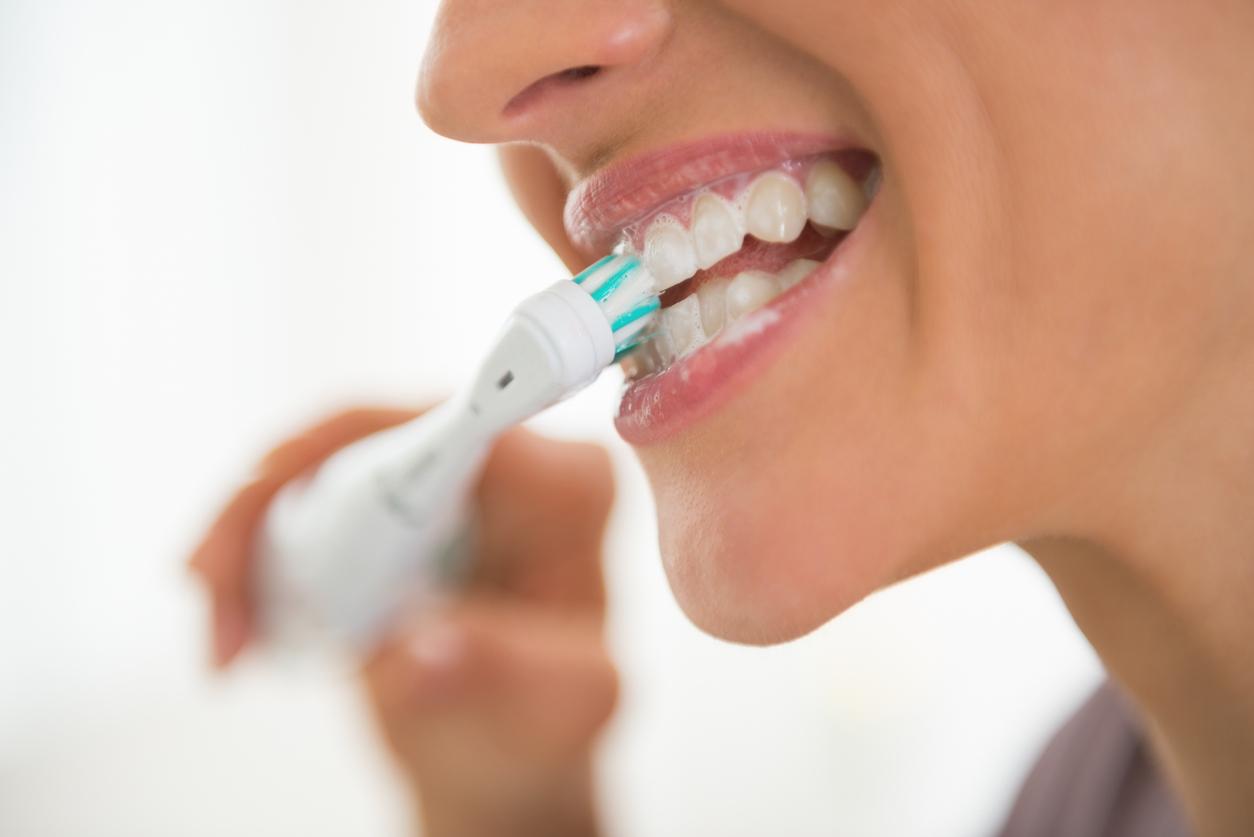Sweat odors are linked to the presence of bacteria. Researchers are working on a treatment to target them, more effective than a classic deodorant.

- Bad odors from sweat are linked to bacteria.
- It would be possible to create a treatment based on bacteriophages, viruses that feed on bacteria.
- In the meantime, there are different solutions to reduce sweating.
Sweating is a natural phenomenon, but it can become a handicap when it is excessive and a source of bad odors. Japanese researchers from Osaka Metropolitan University are working on a revolutionary treatment to eliminate these sweat odors. Their results are published in Journal of Investigative Dermatology.
Sweating: odors are linked to bacteria
“Underarm odor comes from bacteria metabolizing sweat produced by apocrine glandsspecify the authors in a communicated. These bacteria originate from our skin, but the odors produced differ from person to person.” To better understand how to reduce them, researchers collected samples of bodily fluids from the armpits of 20 healthy men. First, they were divided into two groups, according to their smell: 11 were considered to have a more noticeable smell. Japanese scientists analyzed the material produced by bacterial metabolism and the DNA of the skin microflora in all participants. Among those in the more noticeable odor group, they observed an increased presence of “precursors responsible of the smells” and proliferation of bacteria Staphylococcus hominis.
A bacteriophage to eliminate bad sweat odors
The team then looked at a bacteriophage, a virus that attacks bacteria, capable of infecting S. hominis. They integrated it with a lysine, an amino acid, and then in in vitro experiments they studied its effects on bacteria. “This lysine only targeted S. hominis, and not other bacteria normally present on the skin.”, they note. “Underarm odor is one of the few dermatological disorders where bacteria is the main causerecalls Dr. Miki Watanabe, of Osaka Metropolitan University. Although many patients suffer from it, there are few treatment options. We believe this study will lead to a new therapy.”
How to combat excessive sweating?
While waiting for the release of this innovative treatment, there are several solutions to reduce excessive sweating. L’Health Insurance recommends limiting the consumption of certain foods and drinks, responsible for increased sweating: coffee, alcohol, hot drinks, spicy food, etc. “Clean areas prone to perspiration with a mild soap, once or twice a day, and dry well, recommends the organization. This habit prevents any maceration which could promote the appearance of skin fungus and prevents the appearance of unpleasant odors..” Clothing made from natural fibers is also preferred, because synthetic materials tend to encourage sweating. If these measures are not enough, an antiperspirant can be used: it obstructs the sweat glands, which will block perspiration.
Health Insurance specifies that three other treatments may be recommended: iontophoresis sessions, which consist of passing a low-intensity electrical current through the body, to reduce sweat production; botulinum toxin injections to block the sweat glands and thoracic sympathectomy, an operation to cut the small nerves that trigger excessive sweating in the armpits, face and hands.
Excessive sweating may be a symptom of a health problem; if in doubt, it is important to speak to a healthcare professional.















